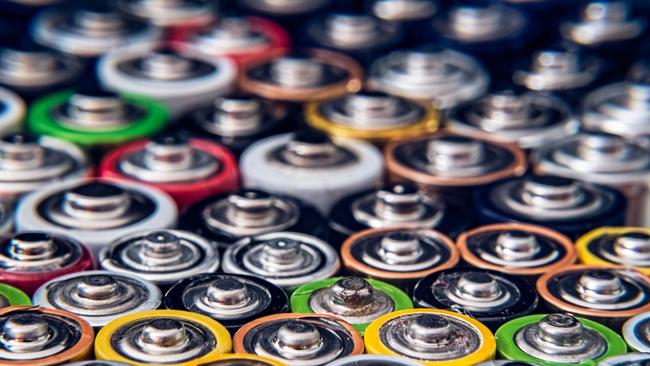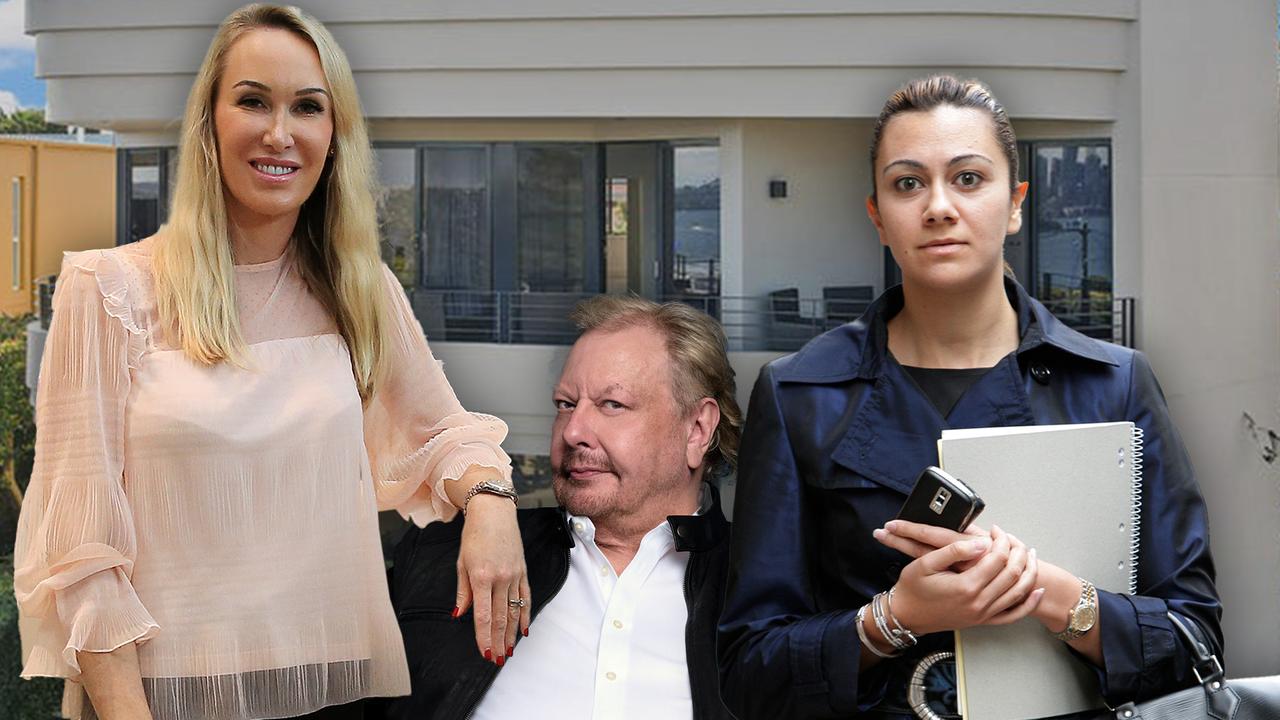B-cycle national battery recycling launched
Australians can recycle batteries at thousands of outlets under the B-cycle national battery scheme officially launched today.

Australians can recycle batteries at major supermarkets, hardware chains, stationery suppliers and battery retailers under the B-cycle national battery scheme officially launched today.
Coles, Woolworths, Aldi, Bunnings and Officeworks stores are among 2,351 local drop off points at launch, with another 1,200 to be added in coming weeks.
Batteries have emerged as one of the nation’s fastest growing waste streams with Australians each year buying enough batteries to circle Planet Earth 2.3 times.
A report by science agency CSIRO says only two per cent of Australia’s annual lithium-ion battery waste is recycled and the volume is growing by 20 per cent annually and could exceed 100,000 tonnes by 2036.
The B-cycle scheme aims to recycle 95 per cent of components or use them in other industries. It has been running as a pilot scheme before today.
The not-for-profit Battery Stewardship Council founded the scheme in collaboration with industry groups including the Australian Battery Recycling Initiative and with state and federal government backing.
The Federal Government has invested $1m and is working with the council.
Product stewardship law requires industries to reduce the environmental, health and safety impacts of products they make or sell.
Assistant Minister for Waste Reduction and Environmental Management, Trevor Evans said commercial battery recycling in Australia had mostly been limited to larger size batteries, such as vehicle and forklift batteries.
“What‘s exciting about this scheme is that it marries up lots of the previously existing opportunities that there were and it does so with the full buy-in of the entire supply chain.”
He said easy access to battery disposal points was key. “Right from the outset, there are going to be thousands of collection points. Almost all of the major retailers who sell batteries to their customers are pledged to have the collection points.”
Batteries contained contaminants that leached into soils and were the cause of fires in rubbish trucks and waste facilities.
He commended brands such as Energizer, Duracell, Panasonic, Super Retail Group, Milwaukee, Stanley Black & Decker, and Makita for playing a pivotal role in funding the scheme.
He said the scaling up of B-cycle would increase the financial viability of infrastructure that identified and recycled components.
Moving forward, the scheme would be funded by a voluntary levy paid for by battery manufacturers who were almost exclusively international businesses.
CEO of B-cycle, Libby Chaplin, said the materials used in batteries were in limited supply.
“With B-cycle, consumers will be able to access our accredited network of battery drop off points and be confident their batteries are being safely recycled.”
Consumers can find out their local drop-off points by entering their postcode into the B-cycle website.
Australian Battery Recycling Initiative CEO Katharine Hole said industry members had strongly advocated for B-cycle, undertaking much of the groundwork before the Battery Stewardship Council took the lead.
Her organisation included OEMs such as Canon and Samsung, battery recyclers and battery producers such as R & J Batteries and Supercharge Batteries.
Investments by companies in battery recycling and facilities meant new job opportunities. “For every 10,000 tonnes of batteries we collect, there‘s approximately as many as 25 jobs,” she said.


